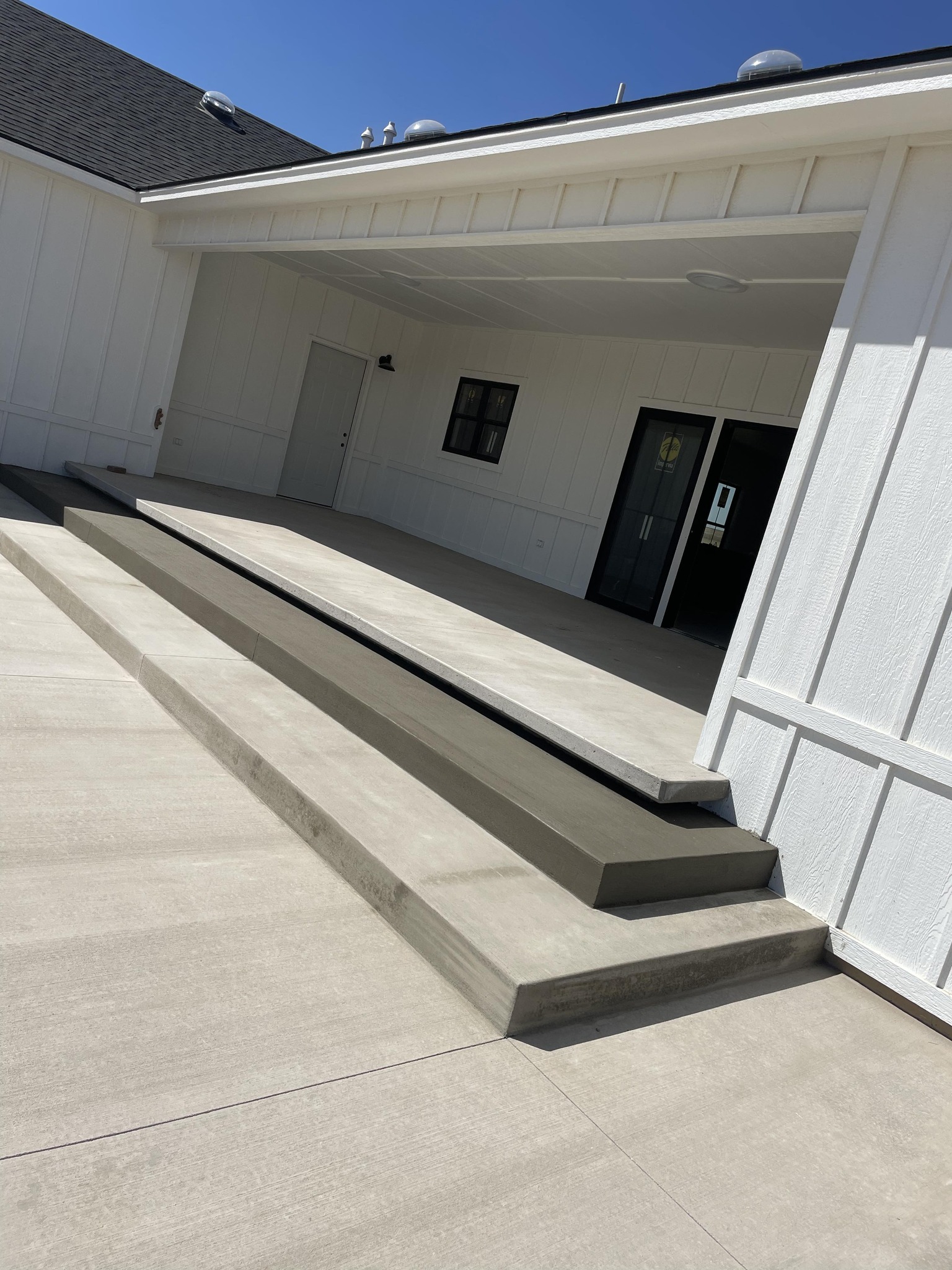
The Role of Concrete in Sustainable Home Construction Nov 17, 2025
Traditionally, concrete is perceived as an unsustainable material due to its association with high carbon emissions. The production of cement, a key ingredient in concrete, accounts for a significant percentage of global carbon emissions. Nevertheless, innovations in material science and construction methodologies are transforming this narrative, allowing concrete to be a viable player in green building.
The fundamental advantage of concrete lies in its durability and longevity. Homes built with concrete require fewer repairs and replacements over time, thereby reducing the demand for new building materials and minimizing waste. This inherent strength means that structures can withstand severe weather conditions and natural disasters, contributing to long-term sustainability.
Moreover, concrete has excellent thermal mass properties. This means that it can absorb and store heat and release it slowly, which helps in regulating indoor temperatures. As a result, energy consumption for heating and cooling is reduced, leading to lower utility bills and a decrease in carbon footprint. With proper insulation, concrete homes can become highly energy-efficient, aligning with sustainable building goals.
In sustainable home construction, the integration of modern concrete solutions can further enhance eco-friendliness. One such innovation is the use of supplementary cementitious materials (SCMs) like fly ash, slag, or silica fume, which reduce the need for traditional cement during production. These alternatives not only cut down carbon emissions but also repurpose industrial byproducts, thus promoting recycling and waste reduction.
Permeable concrete is another advancement gaining traction in the eco-conscious building sector. This type of concrete allows water to pass through, benefiting stormwater management and reducing runoff. It helps in recharging groundwater and preventing erosion, making it a smart choice for sustainable landscaping and driveway installations.
Minimizing environmental impact also involves considering the lifecycle of a concrete structure. J&G Concrete LLC can focus on the concept of "whole-life sustainability," where the entire lifecycle from production to deconstruction is evaluated. By adopting practices such as using local materials to cut down transportation emissions and employing advanced recycling techniques post-demolition, the environmental footprint can be significantly lowered.
As awareness and demand for sustainable practices continue to grow, J&G Concrete LLC is well-positioned to lead by example. By embracing sustainable concrete solutions, they can offer customers not only a durable and reliable product but also one that contributes to environmentally responsible building practices. This shift not only benefits the planet but also aligns with the evolving preferences of eco-conscious consumers.
In conclusion, concrete plays an integral role in sustainable home construction by providing robust and energy-efficient solutions. The ongoing advancements in eco-friendly concrete technologies and methods represent a paradigm shift towards greener building practices. For homeowners and builders looking to reduce their environmental impact, concrete offers a sustainable path forward. As a concrete service company, J&G Concrete LLC can harness these innovations to ensure that their projects not only withstand the test of time but also champion sustainability.
/filters:no_upscale()/filters:format(webp)/media/5e7dde85-a2d4-45ef-a523-5f5a2d273e3b.jpeg)
/filters:no_upscale()/filters:format(webp)/media/c1437c6e-17d0-45c0-adab-b4d43581e6f1.jpeg)